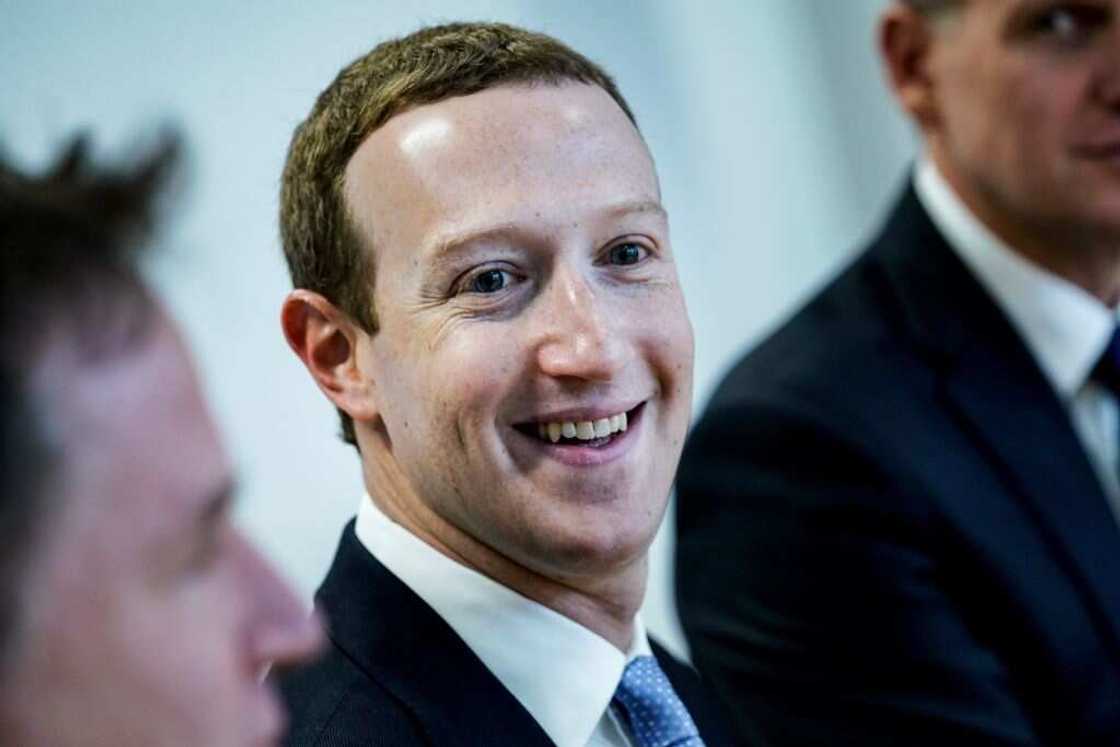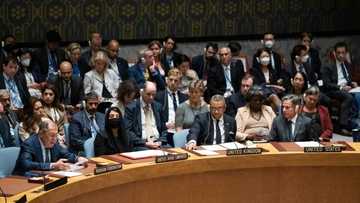Report Reveals How a Scientist Almost Made Mark Zuckerberg President of The World Bank
- A scientist who led a massive project by Facebook to unify payments has revealed what the project was about
- Dahlia Malkhi led Project Diem by Facebook, which would have allowed easy access to funds through transfers via Facebook products.
- According to her, the project halted when the U.S. government told them they did not understand it
PAY ATTENTION: Сheck out news that is picked exactly for YOU ➡️ find the “Recommended for you” block on the home page and enjoy!
The mega experiment spearheaded by Facebook and known as Project Diem to create a unified digital currency would have made Facebook founder and Meta CEO Mark Zuckerberg the most powerful person on earth.
Project Diem would have allowed for easy transfer of funds and payments between billions worldwide.

Source: Getty Images
One world currency by Facebook
According to reports, the woman who led the ambitious project, Dahlia Malkhi, is a leading computer scientist. Malkhi reveals how the system would operate and why the project collapsed.
PAY ATTENTION: Share your outstanding story with our editors! Please reach us through info@corp.legit.ng!
She said if everything went according to plan, Facebook, Messenger or WhatsApp users could download a digital wallet called Novi onto their phones and use it to send money at zero cost.
Malkhi said many people grossly misunderstood the project. She said many digital experiences available today via credit firms are excellent and convincing. So, many people did not understand why a new payment network was necessary.
She said the fear of removing about billion people from the credit system led to scepticism by many governments worldwide.
Could eliminate credit cards
Also, the cumbersome nature of a credit card which could charge as high as 7 per cent, meant many people embraced the project.
With a currency like Diem, users could take their physical money, replace it with digital currency, and send the coin to anyone in the ecosystem without needing approval, saying it was faster, more inclusive, and had minimal transfer fees.
The computer scientist said Diem offered simplicity and that anyone who downloaded the Novi Wallet could use it to buy a dollar worth of Diem coins and transfer them immediately.
Malkhi stated that accepting the project would have made it the primary currency of the internet.
Project Diem connected to payment companies, credit cards and retail companies that wanted to make it a tool for online payment services worldwide.
The scientist stated that the project was halted when the team received a call on June 2021 from the U.S. Treasury Department to discuss the project.
She said:
"During the conversation, we were told that the American government does not yet have a clear framework to oversee the project, so they strongly advise us not to launch."
"It was heartbreaking and traumatic, both the content and how it was done - in the 90th minute, after a series of very positive conversations.
"We specifically asked if there was anything that the project did not address, and there was not. Our leadership asked to meet with Treasury Secretary Janet Yellen and Federal Reserve Chair Jerome Powell, whom we contacted in writing and did not receive a reply. Behind the scenes, we were told by internal sources that there was an order not to contact our project, not to answer any inquiries."
Mark Zuckerberg loses $71 billion in 2022, falls to 20th richest person in the world
Legit.ng reported that the founder of Facebook, now Meta, Mark Zuckerberg, has seen his fortune drop by a massive $71 billion since the beginning of 2022.
Tech billionaires have lost vast fortunes, but Zuckerberg’s losses are more poignant among them.
His wealth dropped by more than 50 per cent from its height of $152 billion in September 2022.
Source: Legit.ng





